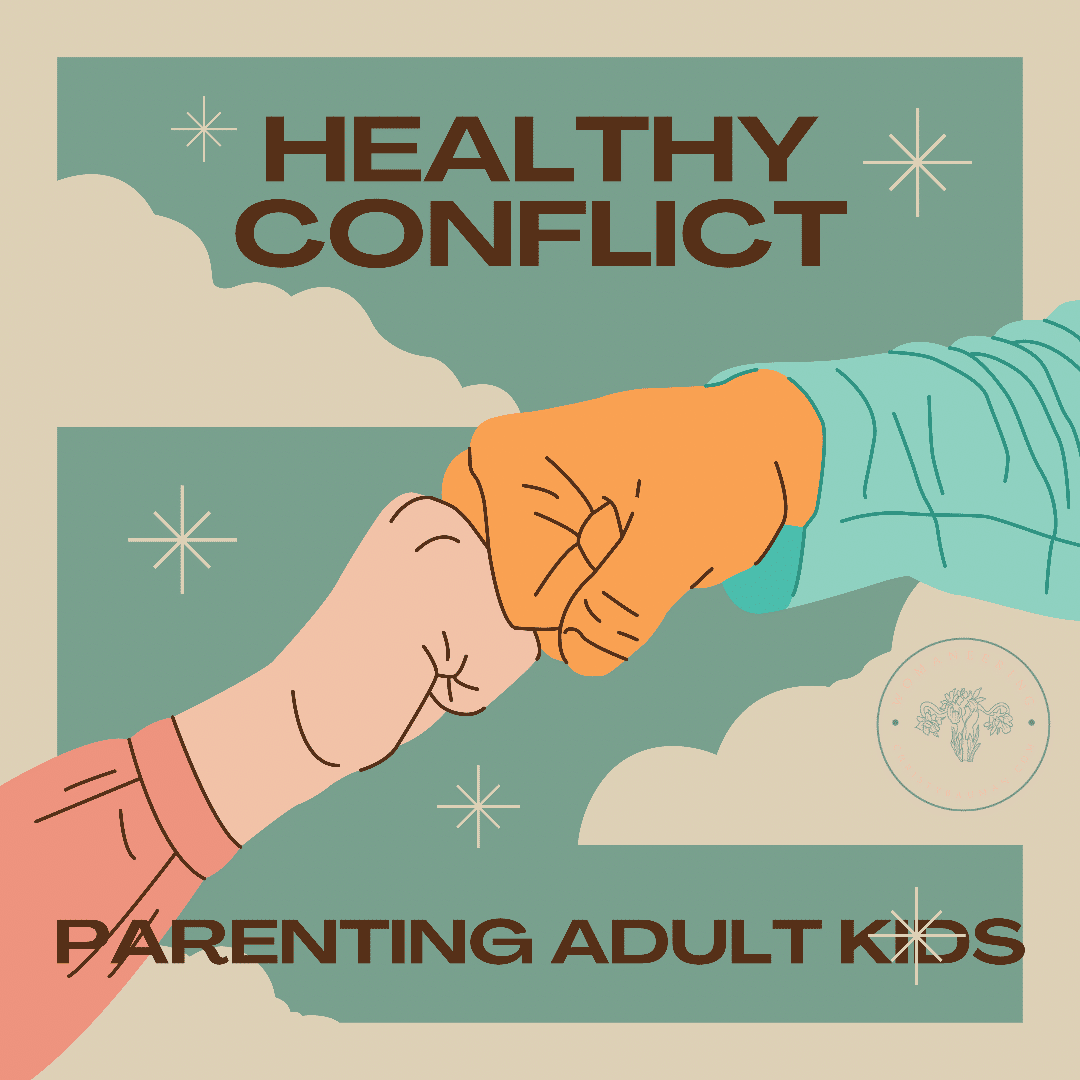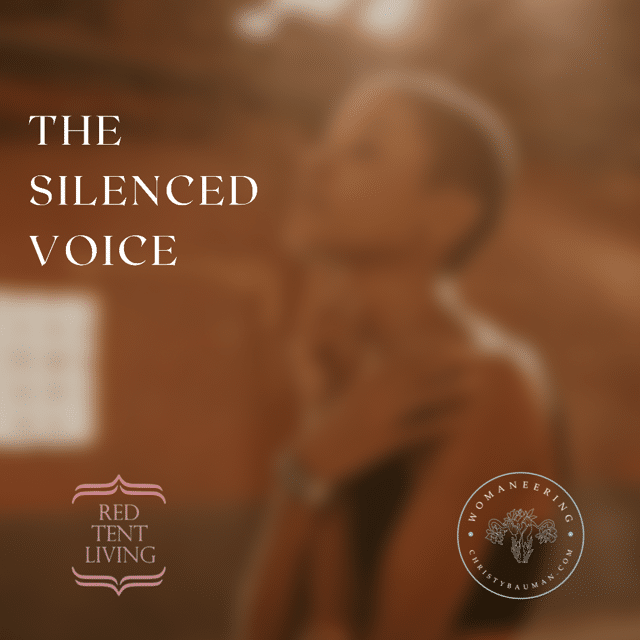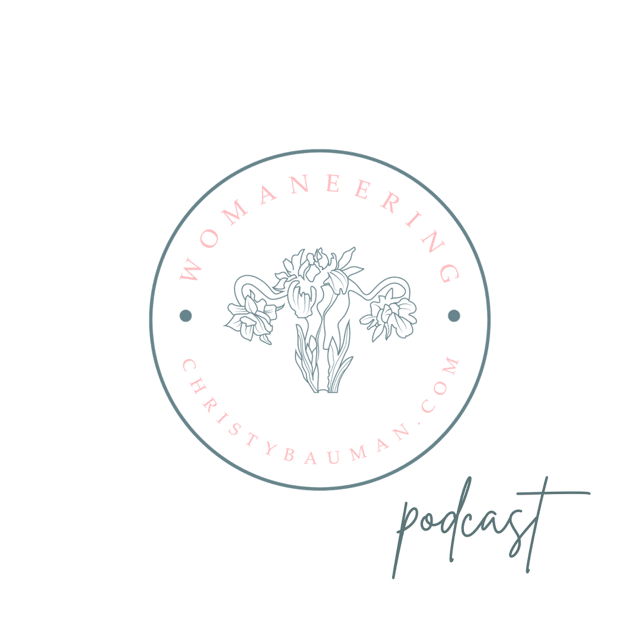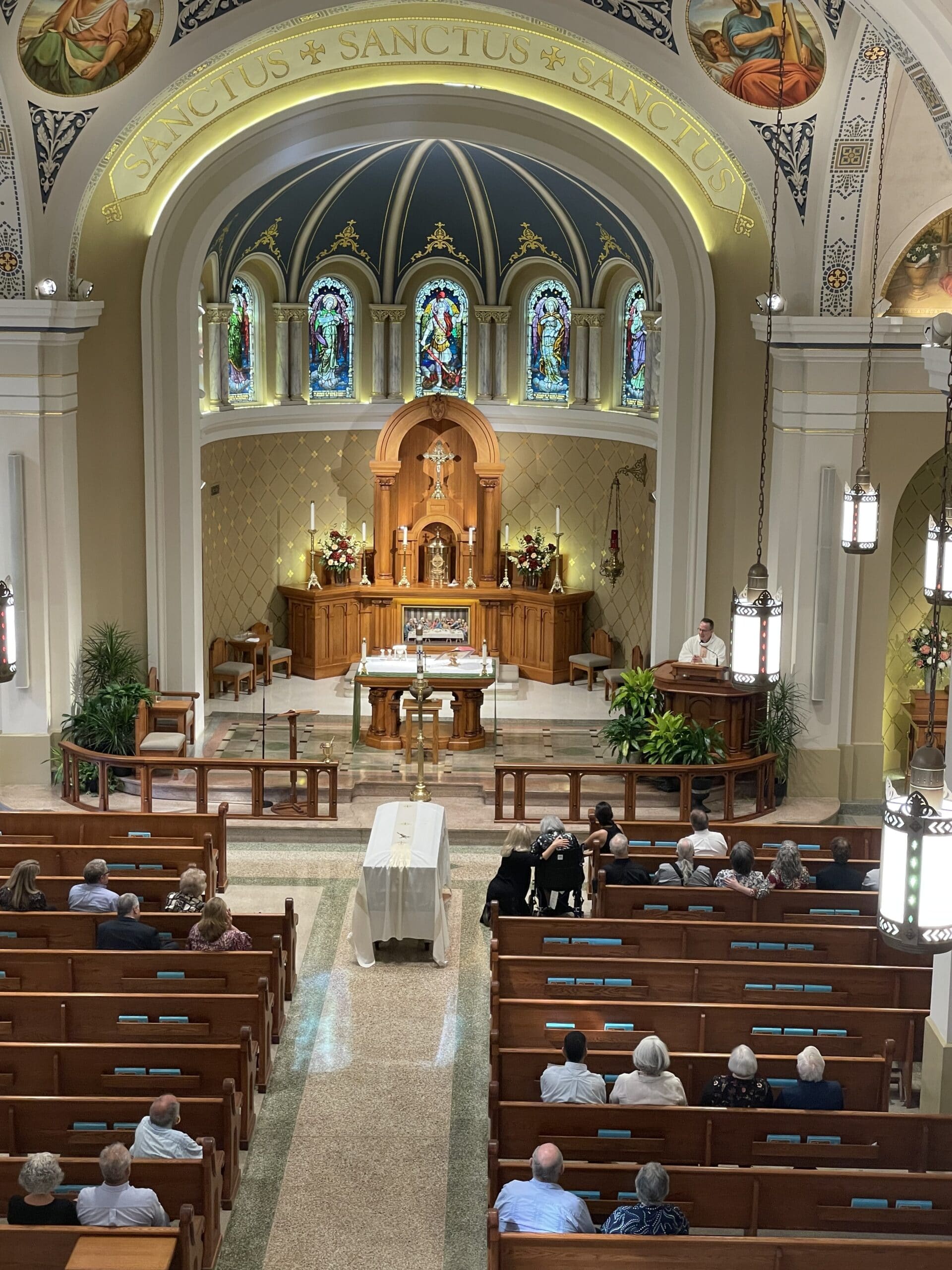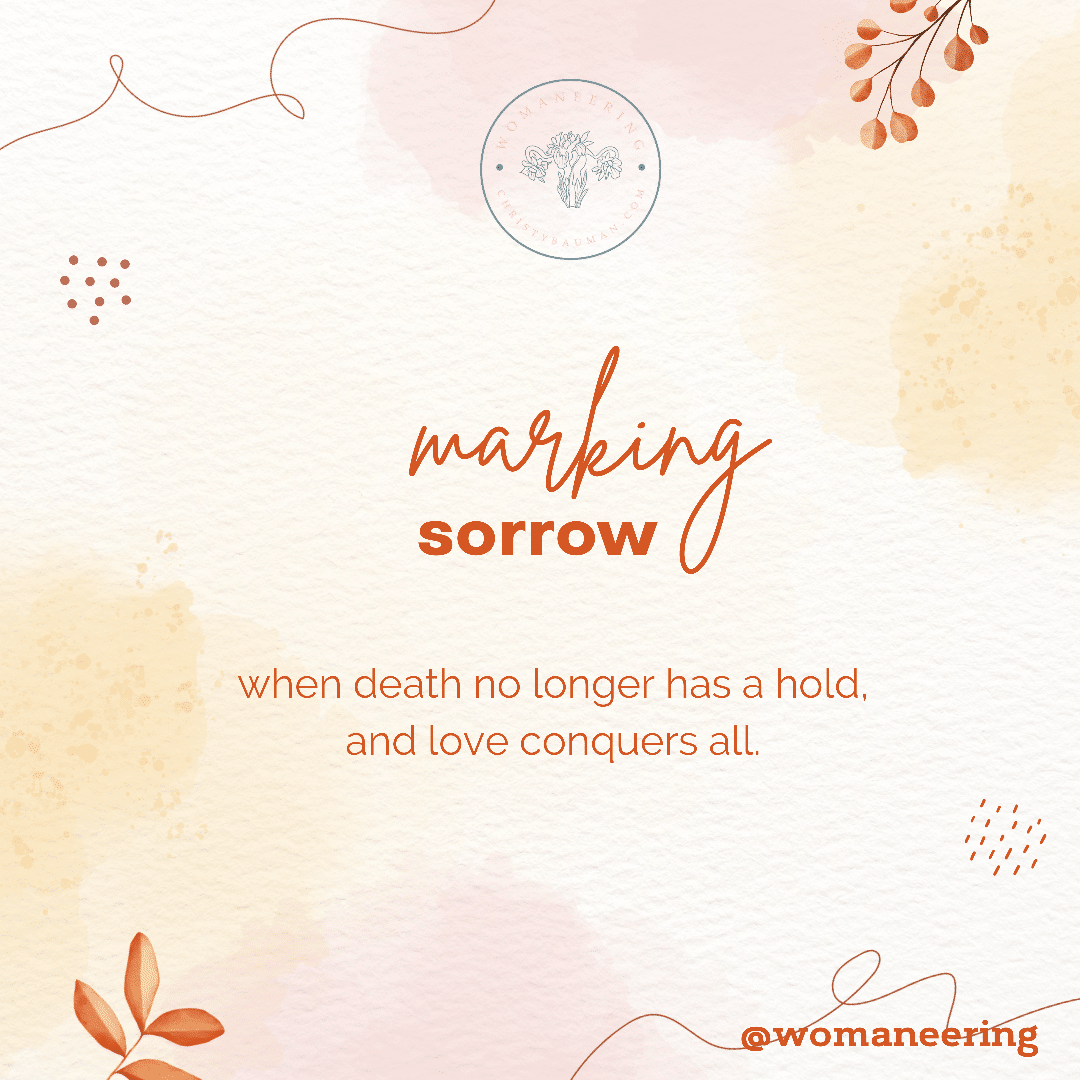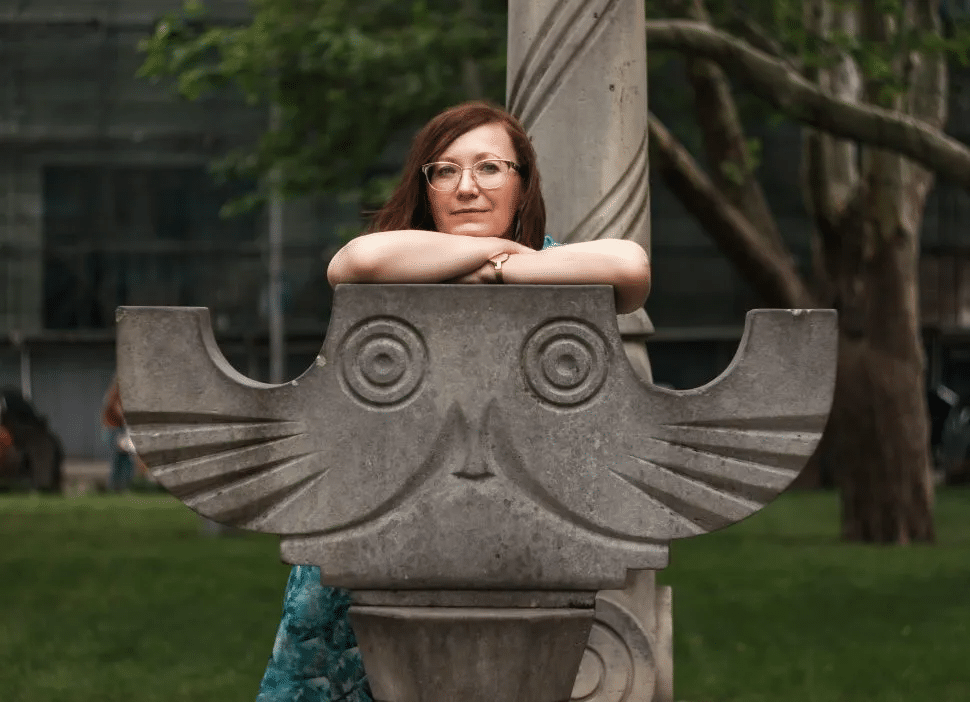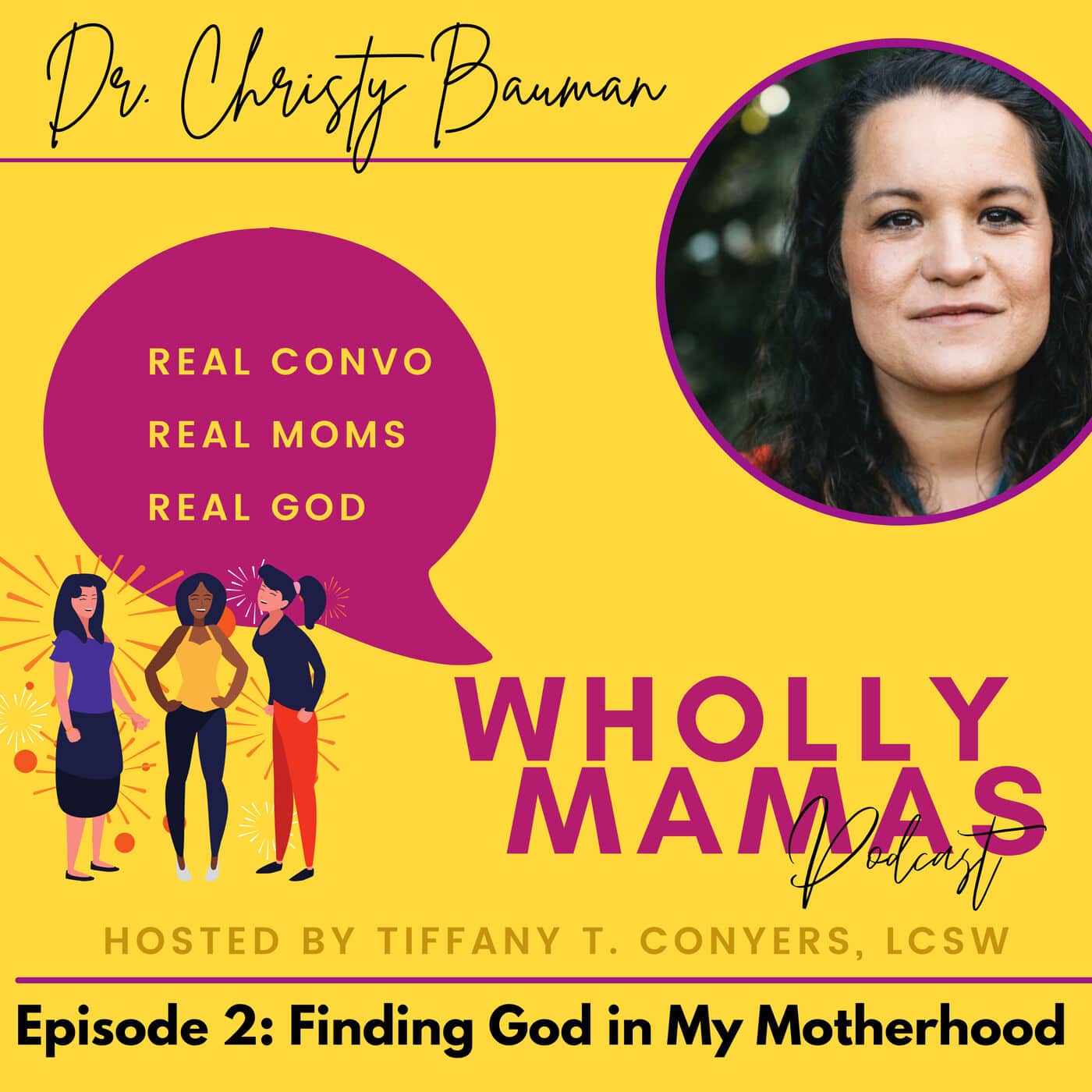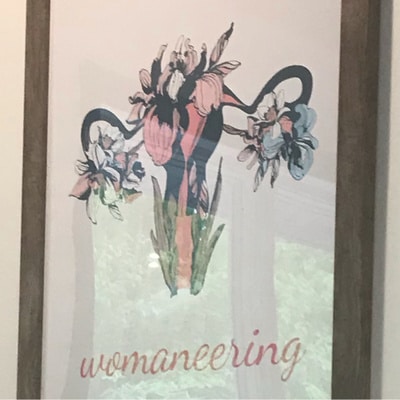Navigating Healthy Conflict with Parents and their Adult Kids
Adult Parenting
If 70% of conflict is unresolvable, our goal is no longer resolution, but rather an experience.
I am sitting in my favorite Seattle coffee shop, one where there are only three types of coffee offered because the snobby-ness is 'mucho' high here in the Seattle coffee world. I have decided that I will need to revisit my favorite alternative milk due to feeling bloated all the time. So I am on my third 8oz, decaf latte...the winner being oat milk over soy and almond. I am typing away frivolously when a father and son sit down next to me and their conversation takes over my workspace. The father is obviously broaching a hard conversation and I can’t help but continue to listen after I hear the nature of their conversation.
Dad: “Do you think mom and I shouldn’t come out anymore to visit you?”
Son: “I think it is just easier for our family to visit you in L.A. because it is stressful to have you visit us.”
Dad: “I think we could just stay somewhere else when we come to visit and it will be better, I mean, you didn’t clean your house at all, so obviously you weren’t able to prepare for us. Don’t you still have that house cleaner? Maybe they can come the week before we visit?”
Son: “Dad, it is easier if I just come visit you and we can avoid conflict.”
Dad: “Or we could talk through it and get past these conflicts so that we can visit more often.”
Son: “The conflict hasn’t changed in 17 years, so we should just do what is easiest.”
Dad: “We also wanted to talk about the weight you have been gaining. Your mom and I are worried and I just want to tell you what I did to lose weight.”
At this point, as a therapist who has done more family therapy sessions than I care to talk about, I have stopped working and I am actively listening to this father as he broaches these hard conversations with his disinterested son.
Being the parent of young children, I have a healthy fear for what the future holds when we have adult kids. Who will they marry? How will we get along with their new family dynamics? I just hold my breath listening to this father talking with his son. It is actually impressive to have a father so forthright and willing to be in awkward conversations even if they lean toward helicopter parenting. The father and son transition through the hard topics and laugh as they move into a more enjoyable conversation about societal popstars. I pack up my things and feel thankful for this interruption. It is really sweet to see that parents still care so much for their kids. They are willing to take on the hard topics even if they don’t tactfully know-how.
There are a few ways I have seen parents and adult children have good, hard, constructive conversations:
1. Schedule a specific time where both parties aren't going to be interrupted.
2. Begin the conversation slowly with each person taking a turn to say what they appreciate about the other.
3. Allow the person with the longest holding complaint or concern to go first. When the person sharing the complaint or concern is finished, have the other reflect back on what they heard and ask if they feel heard.
4. After the first to share feels heard, allow the other to take a similar turn.
5. End the time by looking into each other's eyes and thanking them for sharing in this hard conversation with them.
If 70% of conflict is unresolvable, our goal is no longer resolution, but rather an experience. The goal of the conversation is to experience intimacy and respect with each other rather than agreement. We must stretch ourselves to hear the other and get to know them in what they are sharing rather than convincing them. The parent-child relationship must grow and mature just like any other relationship if it wants to stay healthy.
More information at christiancc.org
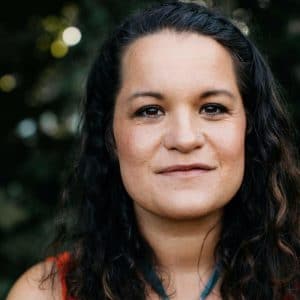
Dr. Christy Bauman, Ph.D., MDFT, & LMHC is committed to helping women come into their true voice. She has a podcast entitled Womaneering and she offers story-work consulting and marriage intensives with her husband Andrew Bauman through their organization, Christian Counseling Center for Sexual Health and Trauma. She is the author and producer of her works: Theology of the Womb, Womaneering Perpetual Calendar, A Brave Lament, and the award-winning Documentary: A Brave Lament. She is a psychotherapist, supervisor, part-time professor who focuses on the female body, sexuality, and theology. Christy’s work can be found at christybauman.com
The Silenced Voice: The Godly Female Voice Has Been Under Attack
Reposted from Red Tent Living
“I hate being a pastor’s wife. My experience from the church has been a re-enactment of my own past trauma,” she says with a trembling voice.
I remain quiet, holding the tension for a bit longer.
“How will you take your power back from this re-enactment?” I ask with curiosity.
This client is one of twelve pastor’s wives that I work with within my practice. Their stories are all different, but their experience in the church is hauntingly similar. This pastor’s wife has just completed her Master's of Psychology and two years of her own therapy. She is weeping that she may have to leave the church altogether. My heart hopes to help salvage her relationship with herself and God. I long to invite her to bring her voice to her role as a pastor’s wife.
“Why don’t you ask your husband if you can teach a series on psychology and the church?” I ask.
My question is met with a heavy silence. She looks up at me, her eyes wide with bewilderment. She has never thought of teaching at her own church. I have to restrain my frustration at another brilliant and highly-educated woman who has remained silent in the Western church culture. Sadly, we both know the answer. Although her husband would welcome her voice and expertise, her gender would never be invited by their congregation to the pulpit.
The most common complaint of middle-aged women in my practice is a lack of knowing their life’s calling and using their voice in this world. Research shows us that a woman who has not established a strong self-identity will struggle to feel self-worth and fulfillment. The number one indicator of a woman's well-being is her level of self-identity, and the second indicator is the community that bears witness to her life. In short, self-awareness and friendships are vital to wellness.
Many women have been raised in an objectifying society, and most Christian women have been groomed to be subordinate by Western patriarchal culture. The female has been unconsciously named through a patriarchal reading of Scripture as the “weaker vessel”, “taken from the rib of a man”, or taught that she is to not speak, teach, or preach in church. This narrative, coupled with objectifying media that reduces women down to their body image as a measure of worth, has left many women without the most important tool for success-- self-identity. The godly female voice has been under attack as the pyramid of power often looks like God, male pastor, husband, wife, and children. Regardless of whether you hold complementarian or egalitarian beliefs, the psyche of the woman is not well in our Christian society.
The Western Christian church has a history of male dominance. As Mike Cosper states in his podcast The Rise and Fall of Mars Hill, “The church seemingly is more comfortable to be led by misogynistic leaders.” Spiritual trauma shows up deeply ingrained in women who believe they must serve the male voice in their life rather than show up individuated and require from it. In the Creation story, the female has deemed the “helpmate” to men, which translates in Hebrew as “savior” to men. The objectifying lens on our Christian narrative implies to both males and females that women are subordinate to men. This ingrained belief keeps women from naturally seeking their own self-identity and ultimately keeps them from knowing their voice in the Christian world.
My client is looking at me in silence, but her eyes have shifted from sadness to disbelief.
“Have I really been serving a church for 24 years that doesn’t believe in my voice?” she asks.
Internalized sexism is one of the women’s greatest betrayals. Women find that they have come to participate in the misogyny that has spiritually traumatized them. While the lack of female voices in the church is tragic, it doesn’t break my heart as much as the disconnect that happens in women’s spiritual relationships with God.
When we illuminate the spiritual abuse that has been perpetuated onto women in the Western church, we begin to see the Christian female name her own distance with a male-dominant God. I have found the plight of a woman is untangling and individuating herself from men. First, she must do the work to leave her father’s house, such as a daughter finding freedom from her father’s ownership of her. Second, she must engage Genesis 3:16 that “she will long for her husband and he will rule over her.” Spiritual trauma shows up deeply ingrained in women who believe they must serve the male voice in their life rather than show up differentiated and bring their whole self to the relationship.
At the end of our session, my client thanks me for our time. As she opens the door to leave, she turns and looks at me,
“I know what I must do now. I must use my voice.”
 Dr. Christy Bauman, LMHC is committed to helping women come into their true voice. She offers meaning-making and story work consulting. She is the author and producer of three works: Theology of the Womb, A Brave Lament, and Documentary: A Brave Lament. She is a psychotherapist, supervisor, and adjunct professor who focuses on the female body, sexuality, and theology. Christy is co-director of the Christian Counseling Center for Sexual Health and Trauma with her husband Andrew. They live in Seattle with their three kids: Wilder, Selah, and River.
Dr. Christy Bauman, LMHC is committed to helping women come into their true voice. She offers meaning-making and story work consulting. She is the author and producer of three works: Theology of the Womb, A Brave Lament, and Documentary: A Brave Lament. She is a psychotherapist, supervisor, and adjunct professor who focuses on the female body, sexuality, and theology. Christy is co-director of the Christian Counseling Center for Sexual Health and Trauma with her husband Andrew. They live in Seattle with their three kids: Wilder, Selah, and River.
Womaneering Podcast: the Rise and Fall of Mars Hill
In this episode of Womaneering podcast, Tracy Johnson and Christy Bauman discuss the episode “What We Do To Women” from the Rise and Fall of Mars Hill podcast. Trigger warning: there is a lot of open conversation about spiritual abuse and dominance on women by misogyny and violent men in power.
https://podcasts.apple.com/us/podcast/womaneering/id1556620322?i=1000533354745
The Mystery of Funerals
The thick, rope-like straps across my high-heel sandals broke just like my cry spilling out in anguish when I saw his body in the casket. I ignored my limping ankle and continued toward the front of the viewing room. I was glad to see all the flowers surrounding him and amidst my thumping steps, I placed the small, 1945 black-and-white photo of my grandmother in his lapel suit pocket.
I couldn’t look at his face, it didn’t look like him, rather a wax statute you might find in a Ripley’s Believe it or Not. I was thankful his body looked so fake, so different than how he had looked alive just days before.
Physician Duncan McDougall proved in 1907 that there is a physical weigh difference of 21.3 grams after someone dies. It is believed to be the weight of the soul. It was so clear that my grandfather was no longer in his body and his soul had departed to another realm.
When they wheeled his coffin into the cathedral, I was flooded with the memories in my home town’s Catholic church. My grandparents were married here at 8am on October 24th in 1946. My sister and I sang in this same cathedral for their 50th wedding anniversary, and for the funerals of our great-grandparents. Our family history is wall-papered in these majestic walls.
Not growing up Catholic, I only came for those special events. It felt overwhelming to be walking into this cathedral where my grandfather was married and now buried.
The funeral begins, I desperately try to make it upstairs to the choir loft without my broken, super-glued shoe making too much noise. My sister and I sang but this time our voices beautifully crack under emotion anointing the sacredness of sorrow.
As we fist bump coming down the windy stairs with tears in our eyes, my sister says, “Awpa would have loved that we sang at his funeral.” I nod and follow her back to the front of the cathedral with my clacking shoe exposing our hushed return. My sister pulls us into a small alcove to wait until the moment of silence for the Eucharist is finished.
Immediately, my body is flooded with memories of my grandfather teaching me about these hidden pockets in cathedrals to be discreet when taking wedding photos.
Jack’s Photos was my grandfather’s photography business. In middle school, he started taking me to weddings with him as his assistant. I would set up lights and charge the batteries for the cameras and flashes. After a few weddings, I moved to be his 2nd shooter.
We probably shot over 30 weddings together. He quickly taught me where to hide inconspicuously while still getting the best angles for photos. The only mandate he ever told me was, “in a Catholic wedding, you can never take a picture when transubstantiation of the Eucharist is happening. As a zealous, non-denominational Christian, I respected the mystery of communion whether or not I fully understood it.
Twenty-five years later, standing with my sister in a side alcove in the cathedral at his funeral would I remember his lesson…we must respect the moment of transformation. The body memory washed over me reminding me that in a way my grandfather and I spent years playing hide and seek with our theology of communion, the church, and love itself.
What I believe Awpa was teach me was that we must not try to photograph the moment where the passing between life and death are in play. He suggested that one would waste their time trying to capture the invisibility of holiness.
Awpa was teaching me that a mystery is to be experienced not captured.
I stand there looking at his casket at the front of the altar, my grandmother in her wheel chair next to his body. I hear him saying, “stop and witness the mystery of death to new life.” As we make our way to the front, I step in front of the casket, I put my trembling hands on the cloth that covers him. Uncertain if it is allowed and incense lingering in my nose, I lean down and kiss his casket. Tears streaming down my face I say goodbye to his body promising to carry his lessons inside of me.
Thank you Awpa, for teaching me to stop and experience the mysteries of God rather than pick them apart in hopes of understanding them.
Marking Sorrow: An Ode to Love & Grief
"Grief is really just love. It's all the love you want to give,but cannot.All that unspent love gathers up in the corners of your eyes,the lump in your throat, and in that hollow part of your chest.Grief is just love with no place to go."
“I am ready to go…but what about Mema?”
What is this love that I see and hear whispered between their day and night?
We smile knowingly that this is not the end for us, we are forever.
The Beginning of the End
This is reposted from Red Tent Living, the original publication can be found here.
I am sitting in my car outside a speak-easy bar in downtown Fort Worth, I am mesmerized by the sound of rain falling methodically on my windshield. Because I am twenty minutes early and nervous, I pull out my poem and scan the words, trying to memorize any phrases I have forgotten. As a young woman denied the opportunity to teach at church or in seminary classes because of my gender, I often go to spoken-word events on weekends to practice “preaching.” The spoken word community is very different from the run-of-the-mill church crowd. People of all color, gender, culture, sexuality, and spiritualities congregate to lay down a spoken word. I walk into the low-lit bar and find a table. Although I recognize a few people from the spoken word community, I don’t know anyone enough to say hello.
The night is nerve-racking for me, as poets get up and share, I continue to sit in my seat, holding the wrinkled paper in my hands, my heart-penned words waiting to be heard in an attempt to be understood. A beautiful, large Black woman gets up, and her voice echoes through the still room like a cacophony of emotions. She moves her body and her hands in a rocking sway as she
recites a story of gang rape. Her words are enrapturing and make me cringe, yet I choose to hold what she is offering, a part of her story for us. The crowd is in awe; tears fall and praise goes up until the room is once again quiet and the stage empty. The lonely microphone beckons me. I stand up, walk to the stage, voice shaking, and begin...
“My family owns slaves. I am a slave owner, and I am not sure what to do with the racism I have inherited...”
The Black woman who spoke before me looks up from her phone, her ebony eyes are patient with my white fragility. My voice cracks and I continue, pressing in harder, past my shame. I want to free my soul until I find my full voice. I continued...
“Her name was Yola, she cared for me from birth through college, I was closer to her than my own grandmother.”
Growing up in a small town in Southern Louisiana, I was lumped into the “ignorant” culture as I was of Cajun descent; however, even my low-class status yielded me, slaves. My great-grandmother, grandmother, and my own mother all had black women in their homes to care for their house and kids. These black women mothered me. It wasn’t until I received an email during my college years that told me of my dear Yola’s death that I realized I was her slave owner.
There is something terrible about the fear of being misunderstood. At our core, we want to be known.
My uncle had sent word that she had died, and our family had sent flowers as an act of condolence. I did not attend her funeral. Although I would have been allowed, I was not invited.
After Yola died, I discovered that I did not really know her. In fact, I did not actually know her full name—Leola; she had always gone by a family nickname. I also did not know that she had thirteen children, for I had never met any of them. These brutal realizations made me realize I was not her beloved, but rather, I was her work. My relationship with Leola was situated in a hierarchy—my family paid her less than $3 an hour to take care of everything in my grandmother’s home, including me. The death of Leola was the beginning of the unveiling of my inherited racism. It would take a year after her death, but I would make my way—alone—to her grave. I wept, apologized, and sang the song she always sang to me when she rocked me in her arms.
“Oh freedom, ooooh freedom, oh freedom over me. And before I’ll be a slave, I will be buried in my grave and go home to my Lord and be free.”
White fragility is defined as the discomfort and defensiveness on the part of a white person when confronted with information about racial inequality and injustice. Racism is not disproved by niceness. Austin Channing Brown, author of I’m Still Here: Black Dignity in a World Made for Whiteness, explains,
“When you believe niceness disproves the presence of racism, it’s easy to start believing bigotry is rare, and that the label racist should be applied only to mean-spirited, intentional acts of discrimination. The problem with this framework—besides being a gross misunderstanding of how racism operates in systems and structures enabled by nice people—is that it obligates me to be nice in return, rather than truthful.”
My love and close proximity with Leola do not discredit my racism. I inherited my family’s systemic structure of racism and slavery. I no longer want Black people to coddle me; I want to build a stronger muscle than white fragility. I want to build a stronger faith than the limited one I have inherited of oppression. Standing in the dimly lit bar in downtown Ft. Worth, I muster all the courage I have to finish that poem.
“Thank you, Black grandmothers, thank you, Black mothers, thank you, Black women, for seeing me and mothering me, a slave owner.”
I finish the poem; there is no roar from the crowd, just a few snapping fingers can be heard. There are nods of acknowledgment at my courage as a few other white people stand up from their seats and bow their heads with ownership of their own racism. When the night ended, I stood outside putting my rain jacket on before running to my car, the Black female poet was standing there smoking a cigarette. “Thank you for your poem,” I said, “truly, your words will stay with me for many years.” She smiled, blew out her smoke, and paused before saying, “your courage will stay with me as well.”
 Christy Bauman, LMHC is committed to helping women come into their true voice. She offers meaning-making and story work consulting. She is the author and producer of three works: Theology of the Womb, A Brave Lament, and Documentary: A Brave Lament. She is a psychotherapist, supervisor, adjunct professor who focuses on the female body, sexuality, and theology. Christy co-director of the Christian Counseling Center for Sexual Health and Trauma with her husband Andrew. They live in Seattle with their three kids: Wilder, Selah, and River.
Christy Bauman, LMHC is committed to helping women come into their true voice. She offers meaning-making and story work consulting. She is the author and producer of three works: Theology of the Womb, A Brave Lament, and Documentary: A Brave Lament. She is a psychotherapist, supervisor, adjunct professor who focuses on the female body, sexuality, and theology. Christy co-director of the Christian Counseling Center for Sexual Health and Trauma with her husband Andrew. They live in Seattle with their three kids: Wilder, Selah, and River.
Womaneering the Red Tent
In this episode of womaneering the Red Tent, Tracy Johnson shares a vulnerable story about what it means to build a red tent community with women. Tracy and Christy converse about the hardships and beauty of risking relationships with other women. They discuss Anita Diamante's book The Red Tent and Christy Bauman's book, Theology of the Womb. Join us for the conversation at womaneering.com or follow us on IG @womaneering_


